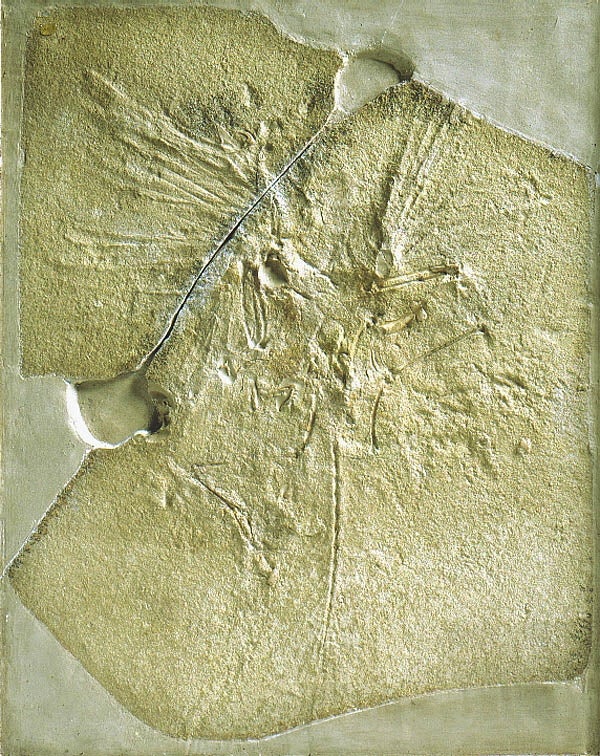
There is only one species of human alive today - Homo sapiens - and we are the last survivors of at least six different species of early humans.
But what caused our ancient ancestors to become extinct, while Homo sapiens have spread across the planet?
According to new research, the reasons other human species died out could be the same as the biggest threat to our long-term survival today - climate change.
Researchers combined climate modelling and fossil records in search of clues for why all these earlier extinctions happened, and found the inability to adapt to either warming or cooling climates played “a major role” in sealing their fate.
“Our findings show that despite technological innovations including the use of fire and refined stone tools, the formation of complex social networks, and - in the case of Neanderthals - even the production of glued spear points, fitted clothes, and a good amount of cultural and genetic exchange with Homo sapiens, past Homo species could not survive intense climate change," said Pasquale Raia of the University of Naples Federico II, in Italy.
"They tried hard; they made for the warmest places in reach as the climate got cold, but at the end of the day, that wasn't enough."
The researchers used a high-resolution past climate emulator to provide temperature, rainfall and other data to provide climate models covering the last five million years.
This period covers the extinction of early human species including Homo habilis, Homo ergaster, Homo erectus, Homo heidelbergensis, and Homo neanderthalensis.
They also examined an extensive fossil database spanning more than 2,750 archaeological records in order to model the evolution of Homo species’ climatic niche over time.
The goal was to understand the climate preferences of those early humans and how they reacted to changes in climate.

The scientists said the study offers “robust evidence” that three human species, Homo erectus, Homo heidelbergensis, and Homo neanderthalensis, lost a significant portion of their climatic niche just before going extinct.
They report that this reduction coincided with sharp, unfavorable changes in the global climate.
In the case of Neanderthals, things were likely made even worse by competition with Homo sapiens.
“We were surprised by the regularity of the effect of climate change,” said Dr Raia.
“It was crystal clear, for the extinct species and for them only, that climatic conditions were just too extreme just before extinction and only in that particular moment."
Dr Raia noted that there remains uncertainty in paleoclimatic reconstruction, as well as some identification of fossil remains at the level of species, and the aging of fossil sites. But he said the main insights “hold true under all assumptions”.
The findings serve as a warning to humans today as we face unprecedented changes in the climate, Dr Raia said.
“It is worrisome to discover that our ancestors, which were no less impressive in terms of mental power as compared to any other species on Earth, could not resist climate change,” he said.
“And we found that just when our own species is sawing the branch we're sitting on by causing climate change.
“I personally take this as a thunderous warning message. Climate change made Homo vulnerable and hapless in the past, and this may just be happening again.”
The research is published in the journal Cell Press.







